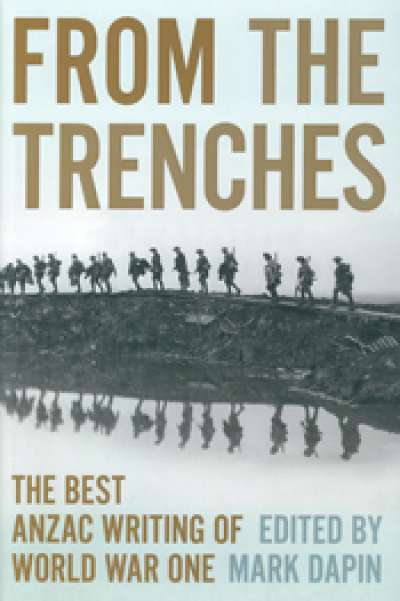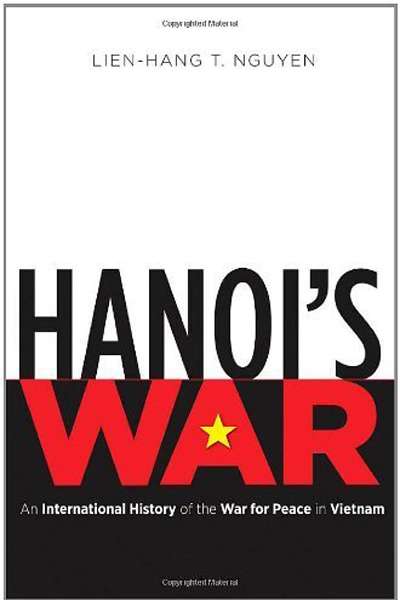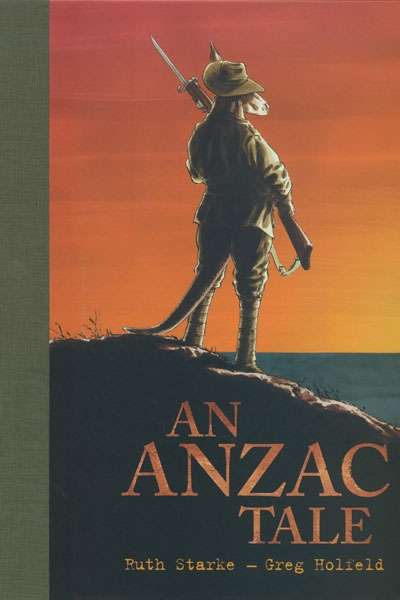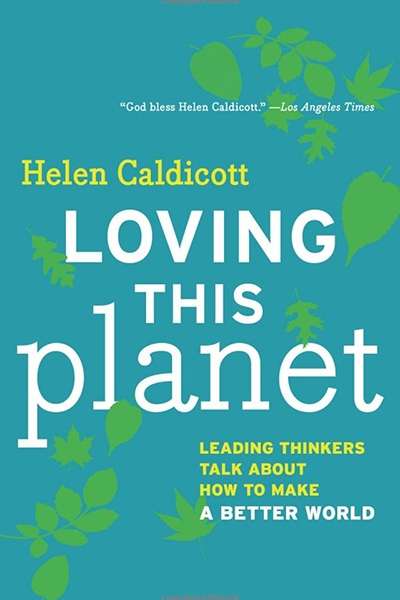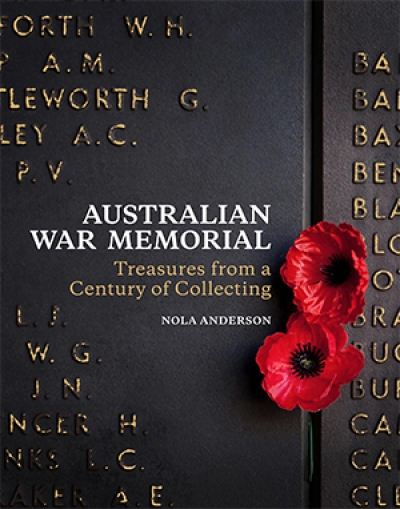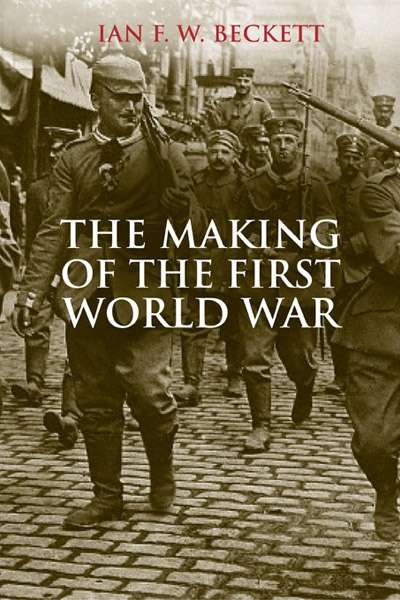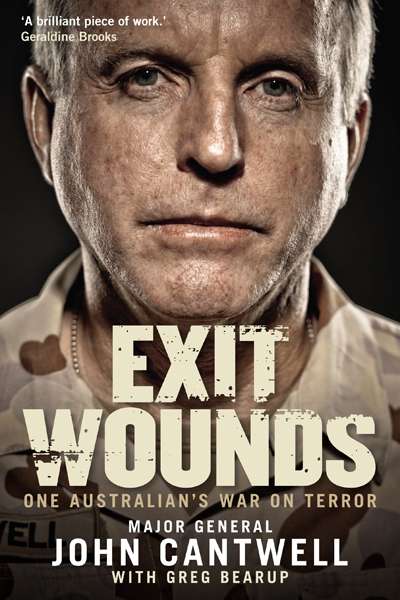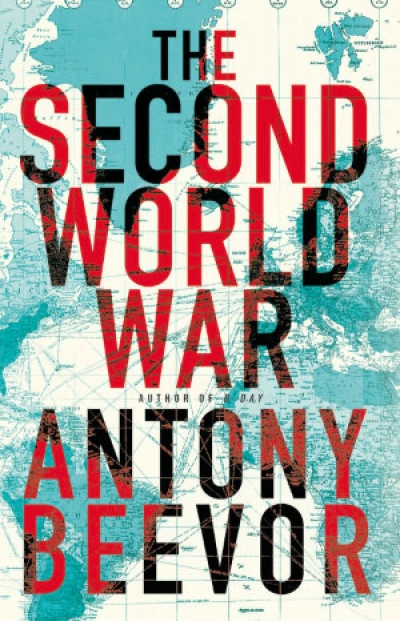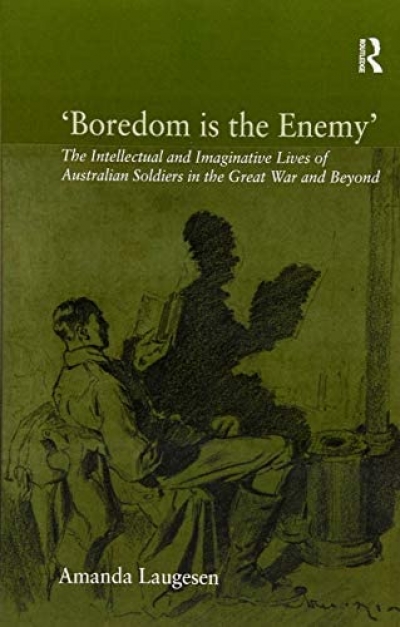War
From the Trenches: The Best Anzac Writing of World War One edited by Mark Dapin
by Geoff Page •
Christine Piper is the winner of the 2014 Calibre Prize for an Outstanding Essay, worth $5,000. In this powerful essay, she writes about Japanese biological weapons and wartime experiments on living human beings.
... (read more)Hanoi's War: An International History of the War for Peace in Vietnam by Lien-Hang T. Nguyen
by Robert O'Neill •
Depicting war in a picture book requires a deft hand. Historical imperatives need to be considered, while also avoiding glorifying war for a young and impressionable audience. Ideally, such books should promote informed discussion rather than mindless militarism.
... (read more)Loving This Planet by Helen Caldicott & Waging Peace by Anne Deveson
by Gillian Terzis •
Australian War Memorial: Treasures from a Century of Collecting by Nola Anderson
by Geoffrey Blainey •
Exit Wounds: One Australian’s War on Terror by John Cantwell with Greg Bearup
by Nick Hordern •

